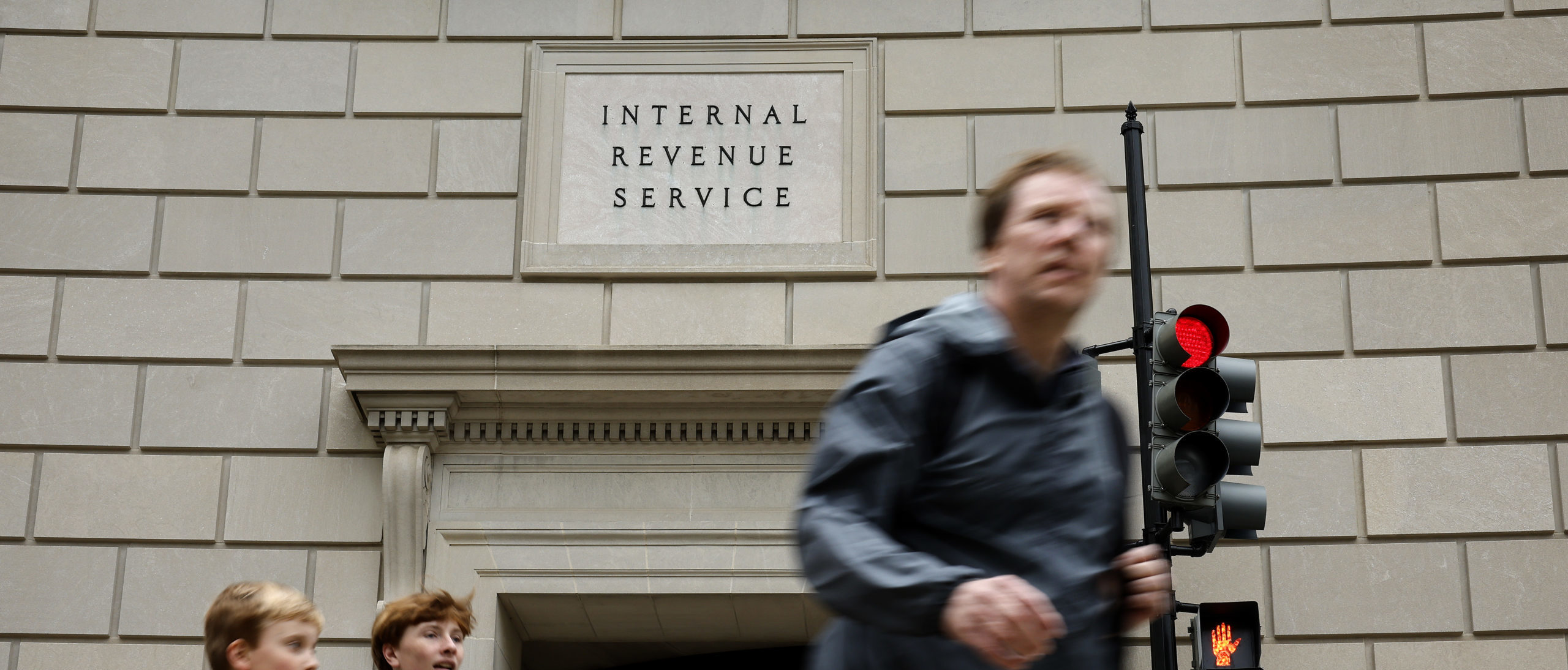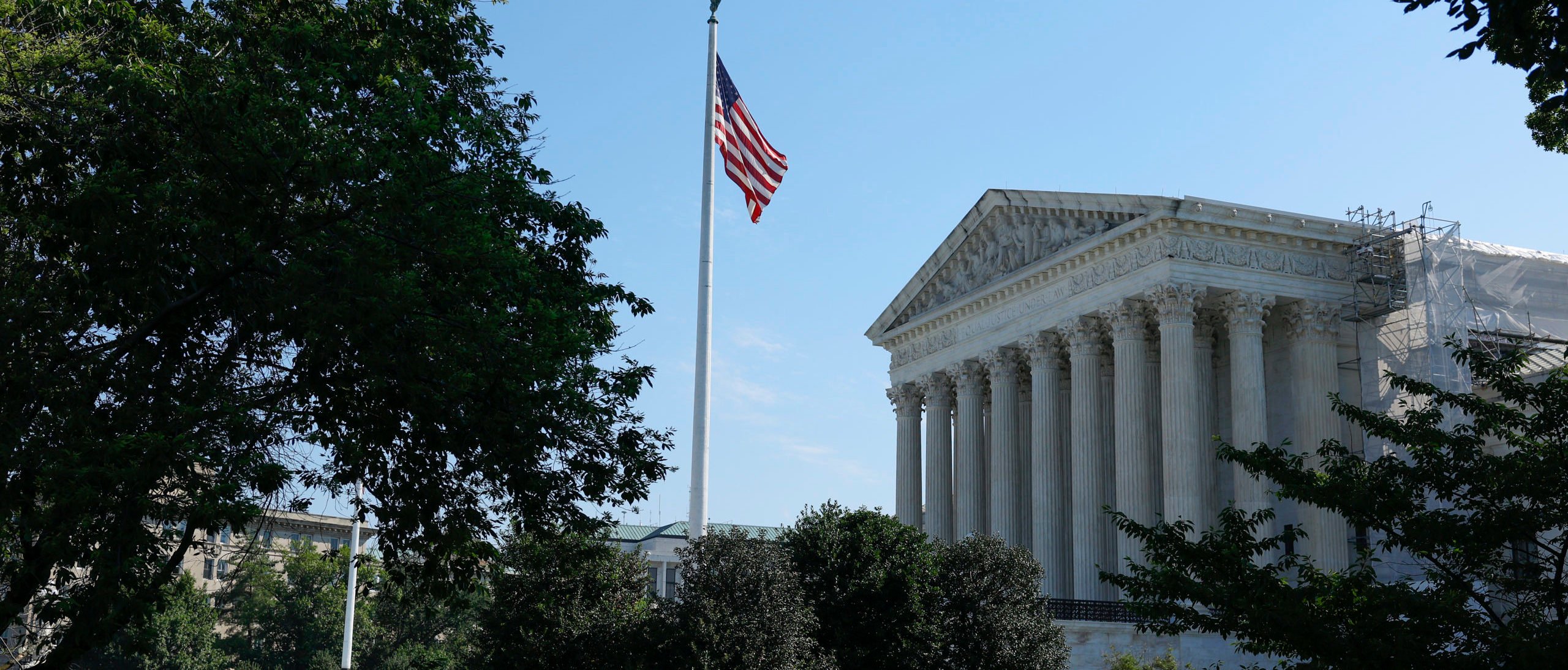The Supreme Court rejected Thursday a challenge to a 2017 tax law passed by Congress.
The case, Moore v. United States, considers whether the 16th Amendment permits taxing unrealized gains. Kathleen and Charles Moore sued for a refund in 2019 after they were hit with a $14,729 tax bill for their investment in an overseas company, though they never received any payment in earnings from the company.
The bill followed Congress’ passage of the 2017 Tax Cuts and Jobs Act, which imposed a one-time Mandatory Repatriation Tax (MRT) on shareholders with a 10% stake in foreign companies that earned profits, regardless of whether or not those profits were received. (RELATED: Supreme Court Sides With Starbucks In Labor Dispute)
“The MRT—which attributes the realized and undistributed income of an American-controlled foreign corporation to the entity’s American shareholders, and then taxes the American shareholders on their portions of that income—does not exceed Congress’s constitutional authority,” the majority held.
Justice Brett Kavanaugh wrote that the ruling was limited to “(i) taxation of the shareholders of an entity, (ii) on the undistributed income realized by the entity, (iii) which has been attributed to the shareholders, (iv) when the entity itself has not been taxed on that income.”
“In other words, our holding applies when Congress treats the entity as a pass-through,” he continued.

WASHINGTON, DC – APRIL 07: Tourists walk past the headquarters of the Internal Revenue Service near the National Mall on April 07, 2023 in Washington, DC. (Photo by Chip Somodevilla/Getty Images)
The Ninth Circuit previously ruled against the Moores in 2022, though the dissenting judges wrote the decision made them “the first court in the country to state that an ‘income tax’ doesn’t require that a ‘taxpayer has realized income.'”
The Moores argued that the lower court ruling upsets “long-settled expectations undergirding practically all capital investment across the economy,” saying the tax “does great violence to constitutional structure, virtually eviscerating Article I’s apportionment requirement.”
“The logical implications of the Moores’ theory would therefore require Congress to either drastically cut critical national programs or significantly increase taxes on the remaining sources available to it—including, of course, on ordinary Americans,” Kavanaugh wrote in the majority opinion. “The Constitution does not require that fiscal calamity.”

WASHINGTON, DC – JUNE 14: The U.S. Supreme Court Building stands on June 14, 2024 in Washington, DC. (Photo by Anna Moneymaker/Getty Images)
Justice Clarence Thomas, in a dissent joined by Justice Neil Gorsuch, wrote that the majority upheld the MRT “only by ignoring the question presented.” He argued they “should not have hesitated” to state that “Sixteenth Amendment ‘income’ is only realized income.”
“Even as the majority admits to reasoning from fiscal consequences, it apparently believes that a generous application of dicta will guard against unconstitutional taxes in the future,” Thomas wrote. “The majority’s analysis begins with a list of nonexistent taxes that the Court does not today bless, including a wealth tax.”
“But, if the Court is not willing to uphold limitations on the taxing power in expensive cases, cheap dicta will make no difference,” he wrote.
All content created by the Daily Caller News Foundation, an independent and nonpartisan newswire service, is available without charge to any legitimate news publisher that can provide a large audience. All republished articles must include our logo, our reporter’s byline and their DCNF affiliation. For any questions about our guidelines or partnering with us, please contact licensing@dailycallernewsfoundation.org.



